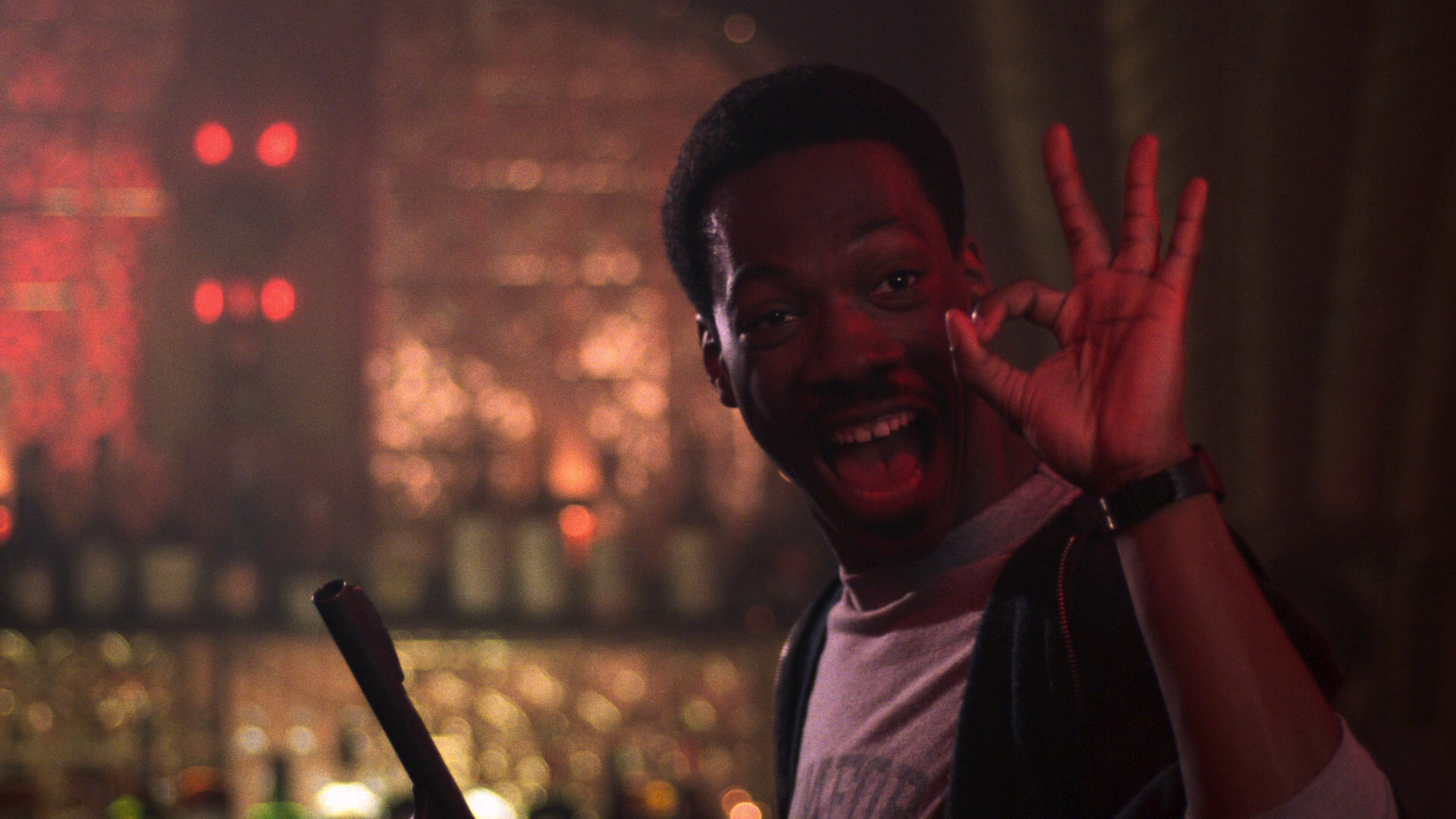Coming 2 America (2021)
*/****
starring Eddie Murphy, Arsenio Hall, Jermaine Fowler, Wesley Snipes
screenplay by Kenya Barris and Barry W. Blaustein & David Sheffield
directed by Craig Brewer
by Walter Chaw I don’t understand Craig Brewer’s Coming 2 America, probably because I don’t understand John Landis’s Coming to America, either. For me, they are both artifacts of an alien culture where the references are obscure and the humour is arcane. I spent most of my life thinking the first film was making fun of Africans, only to learn that for a generation of Black creatives, the film was a rare example of positive, even admiring, representation of Africans in the American popular culture. I think that’s true; I also know the fish-out-of-water machinations of Coming to America‘s plot–the cheap sex jokes, the gay terror, the burlesque of it–rubbed me the wrong way then and still do. But there’s a sweetness to Akeem (Eddie Murphy), isn’t there? These films are decidedly not for me. I do trust people with vital voices like Ryan Coogler, who apparently loved the first film and had his own ideas about a sequel–and I would say the analogue I can find while I’m grasping for one is the reception of Short Round in Temple of Doom, which I initially rejected with horror but now embrace as one of the few positive Asian representations in that same American popular culture. Strange bedfellows, Shorty and Prince Akeem, but there you have it.

